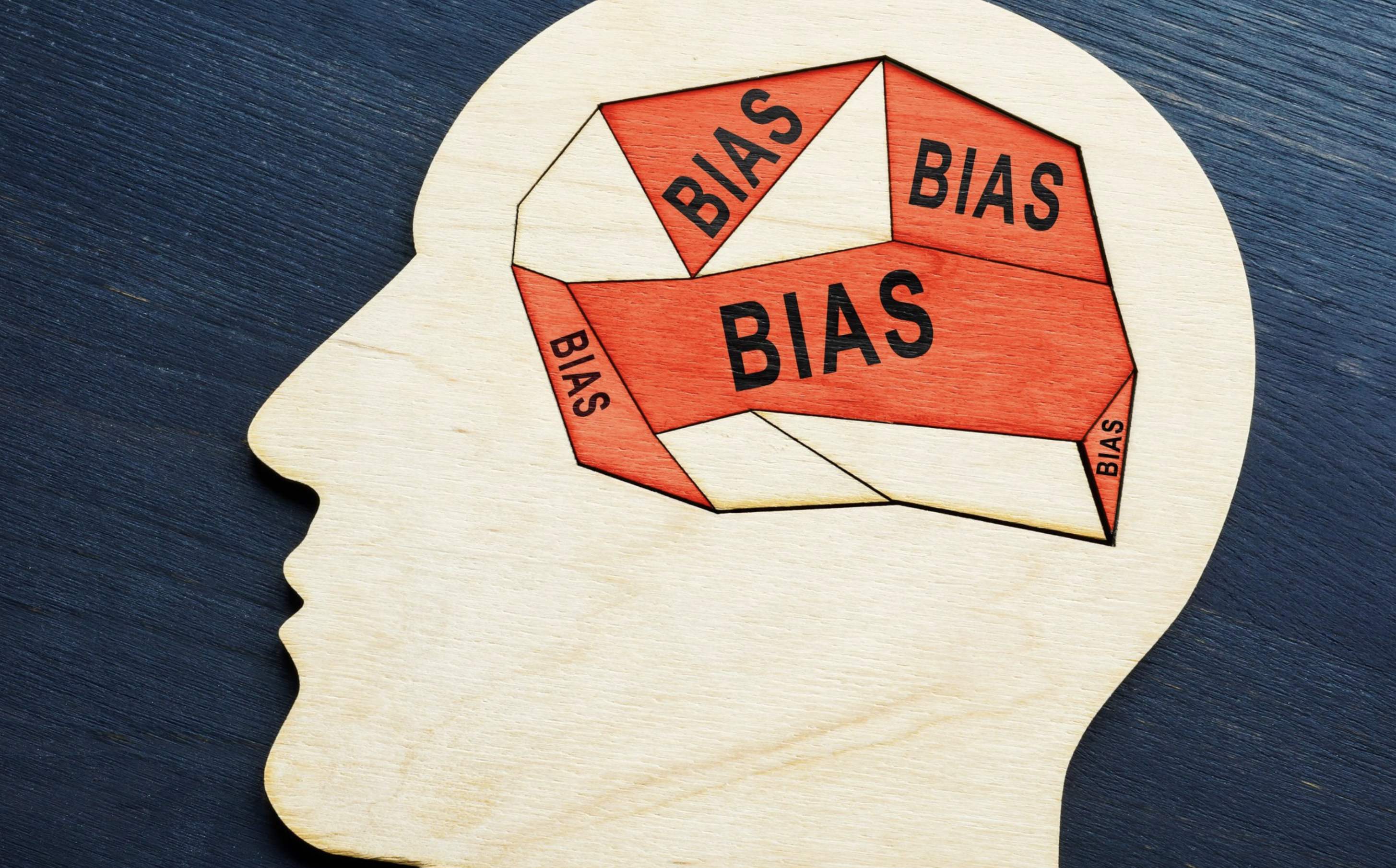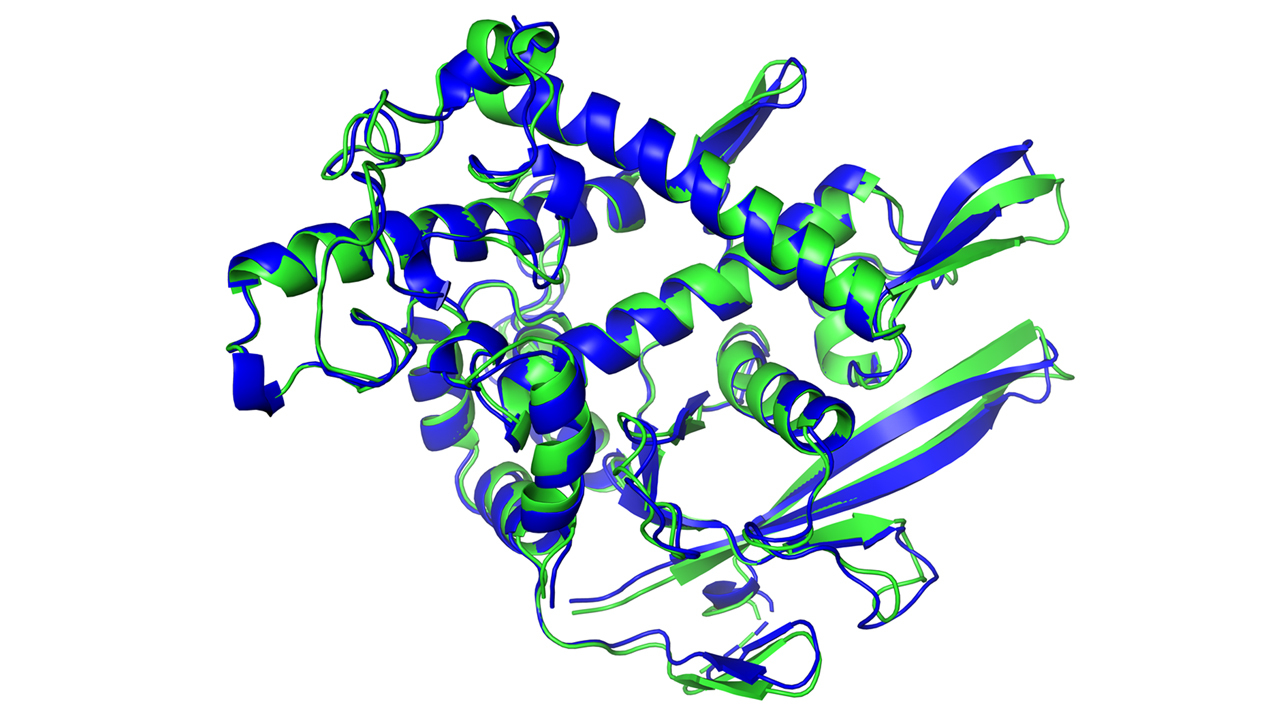Projects
A collection of AI/ML projects focused on healthcare, education, and social impact. From bias detection tools to drug discovery platforms, each project aims to solve real-world problems through technology.
Featured Projects

BiasCheck
A comprehensive Python library designed to analyze and detect bias in text, models, RAG frameworks and datasets. This work has been published in the AAAI 2025 Workshop on AI for Public Missions. Provides tools for researchers, data scientists, and developers to measure various forms of contextual bias and assess the quality of language model outputs.
BiasCheck addresses the critical need for bias detection in AI systems. The library offers modular components for analyzing different types of bias including regional, demographic, and contextual biases. It supports integration with popular ML frameworks and provides detailed reporting capabilities for bias assessment.

ProteoDockNet
Graph neural network framework that takes in SMILES strings and converts them to molecular graphs then predicts its docking-score predictions for 30 proteins relevant to liver, kidney, and brain function. The models (GCN and GAT) outperforms traditional regression baselines while keeping the architecture compact and reproducible. This work has been published in the Elsevier Computational and Structural Biotechnology Reports (2024).
The project is fully open source: code and trained weights are on GitHub, and a Streamlit interface lets users paste a molecule and see its predicted binding profile across all targets. This makes early-stage ligand screening accessible without specialized software or high-end hardware.

Green Track as part of People+ai
Geospatial-planning toolkit that uses the Google Maps API, multimodal LLMs, and generative vision models to score a site's proximity to essential services and streamline sustainable building design.
Green Track's goal was to automates site analysis end-to-end: it ranks nearby amenities, generates certification-ready text summaries, and augments training data with synthetic site maps produced by Stable Diffusion + ControlNet—all fully open source on GitHub.

TelecomGPT
LLM-powered study companion for undergraduate signal-processing courses that retrieves textbook snippets, auto-plots signals, surfaces relevant tutorial videos, and produces concise revision notes—all on your laptop with open-source and local models.
TelecomGPT ingests lecture PDFs into a FAISS/Chroma vector store (MiniLM embeddings), runs Retrieval-Augmented Generation to answer questions with citations, converts equations to Matplotlib plots, taps video search APIs for demos, and distills every chat into short, shareable summaries—fully open-source for classroom use.
Research Projects
Interested in Collaboration?
I'm always open to discussing new projects, research opportunities, or ways to apply AI for social good.
Get in Touch